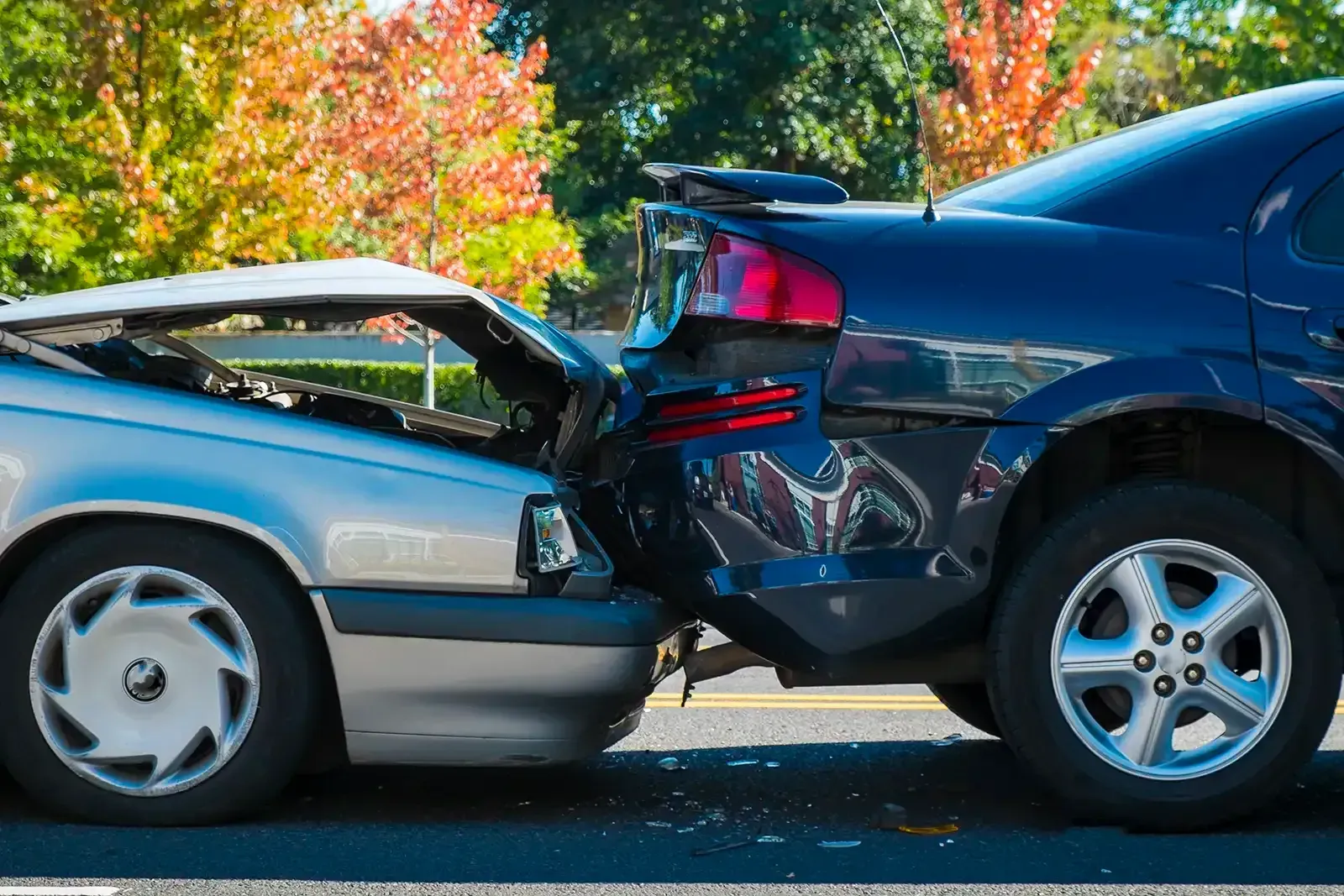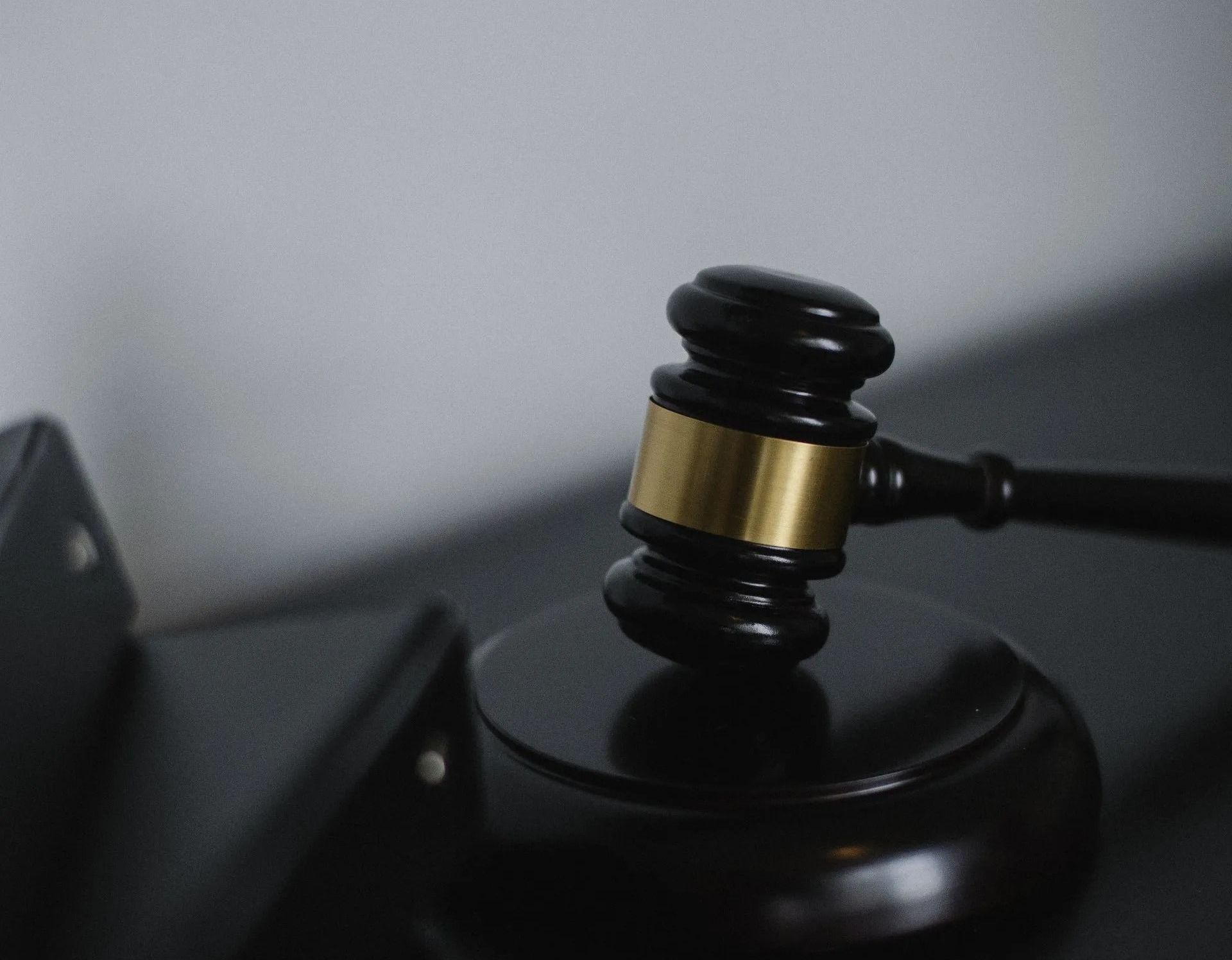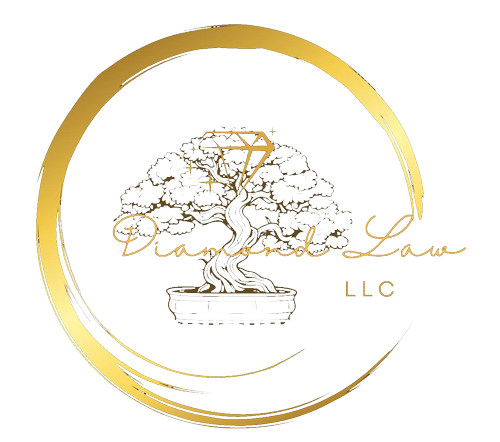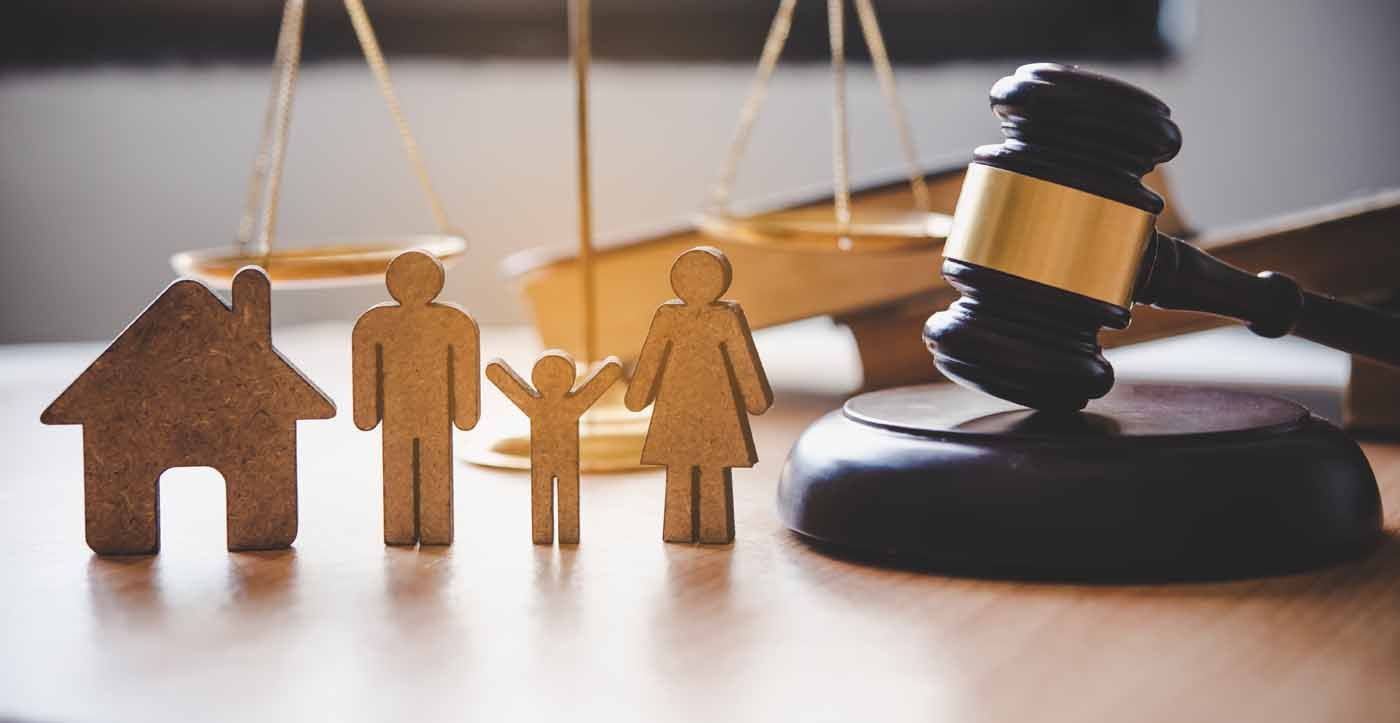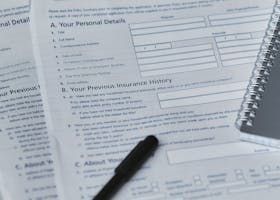Car Accident Claims: Louisiana's Comparative Fault Rules
Car Accident Claims: Louisiana's Comparative Fault Rules
Louisiana's unique approach to car accident claims through comparative fault rules affects how damages are awarded in personal injury cases. Understanding these rules helps accident victims know what to expect when seeking compensation and how their own actions might impact their recovery.
Understanding Louisiana's Comparative Fault System
Louisiana follows a pure comparative fault system, meaning you can recover damages even if you're partially at fault for the accident. Your compensation is reduced by your percentage of fault, but you're not barred from recovery unless you're 100% responsible.
This differs from modified comparative fault states where recovery is barred if you're 50% or 51% at fault. Louisiana's approach provides more opportunities for injured parties to receive compensation, even in complex accident scenarios.
Example: If your damages total $100,000 and you're found 30% at fault, you can recover $70,000. Even if you're 80% at fault, you can still recover $20,000 under Louisiana law.
How Fault Is Determined
Courts and insurance companies evaluate multiple factors when determining fault percentages. Traffic violations, witness statements, police reports, and physical evidence all contribute to fault allocation decisions.
Speed, following distance, right-of-way violations, and failure to signal are common factors that increase fault percentages. Weather conditions, road defects, and vehicle malfunctions may also influence fault determinations.
Expert accident reconstructionists often provide crucial testimony in disputed liability cases. Their analysis of skid marks, vehicle damage, and collision physics helps establish how the accident occurred and each party's contribution.
Common Fault Scenarios in Louisiana
Rear-End Collisions: While the following driver is typically at fault, Louisiana courts may assign partial fault to the lead driver for sudden stops, brake light failures, or other contributing factors.
Intersection Accidents: These often involve complex fault determinations based on traffic signals, right-of-way rules, and driver behavior. Multiple parties may share fault when traffic control devices malfunction or visibility is impaired.
Lane Change Accidents: Fault typically falls on the driver changing lanes, but other drivers may share responsibility for speeding, failing to allow safe merging, or blocking lane changes.
Impact on Insurance Claims
Louisiana's comparative fault rules significantly affect insurance settlements. Insurance adjusters use fault percentages to calculate settlement offers, often starting with lower percentages than may be warranted.
Multiple insurance companies may be involved when several parties share fault. Coordination between insurers can complicate claims processing and delay settlements while fault percentages are negotiated.
Your own insurance coverage, including collision and uninsured motorist protection, may provide additional compensation options when other parties lack adequate coverage or bear minimal fault.
Protecting Your Interests
Immediate actions after an accident can significantly impact fault determinations. Avoid admitting fault at the scene, even if you believe you contributed to the accident. Let investigators and attorneys determine legal responsibility.
Document everything possible, including road conditions, traffic signals, and any factors that may have contributed to the accident. Photos, witness contact information, and detailed notes provide crucial evidence for fault analysis.
Be cautious when providing statements to insurance companies. Simple descriptions can be interpreted as admissions of fault, potentially increasing your assigned percentage and reducing your recovery.
Louisiana's Special Considerations
Louisiana's one-year statute of limitations for personal injury claims creates urgency in car accident cases. This shorter timeframe compared to other states requires prompt action to preserve your rights.
The state's unique weather patterns, including frequent storms and flooding, create special considerations for fault determinations. Courts recognize that Louisiana drivers face challenging conditions that may affect reasonable driving behavior.
Construction zones and road maintenance issues common in Louisiana can contribute to accidents and affect fault allocations. Government entities may bear partial responsibility when road conditions contribute to collisions.
Challenging Fault Determinations
Initial fault determinations by police or insurance companies aren't final. Additional evidence, expert analysis, or witness testimony may support different fault allocations that improve your recovery.
Traffic camera footage, security cameras from nearby businesses, and cell phone records can provide objective evidence of driver behavior leading to accidents. This evidence may not be available immediately but can be crucial for fault disputes.
Medical evidence showing the severity and pattern of injuries can support your version of how the accident occurred, potentially reducing your assigned fault percentage.
Working with Legal Professionals
Complex fault determinations benefit from experienced legal representation. Personal injury attorneys understand how to gather evidence, challenge unfavorable fault assignments, and maximize your recovery under Louisiana's comparative fault system.
Attorney involvement often leads to more thorough investigations and better fault allocations. Insurance companies may assign higher fault percentages to unrepresented claimants, knowing they're less likely to challenge these determinations effectively.
Legal representation becomes especially important in multi-vehicle accidents or cases involving serious injuries where fault percentages significantly impact compensation amounts.
Maximizing Your Recovery
Understanding Louisiana's comparative fault rules helps you make informed decisions about your claim. Even partial fault doesn't prevent recovery, making it worthwhile to pursue compensation in most accident cases.
Comprehensive documentation of all damages, including medical expenses, lost wages, property damage, and pain and suffering, ensures you're fully compensated for your reduced award percentage.
At Diamond Law, we help Louisiana car accident victims navigate the comparative fault system and maximize their recovery. Our experience with Louisiana's unique legal requirements ensures your case receives thorough preparation and aggressive advocacy. Call (504) 930-4988 to discuss your car accident claim and learn how comparative fault rules affect your potential recovery.
Don't let fault concerns prevent you from seeking compensation. Louisiana's comparative fault system provides recovery opportunities even when you share responsibility for an accident.

